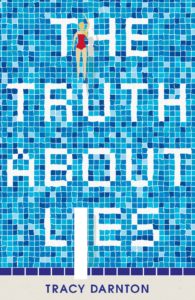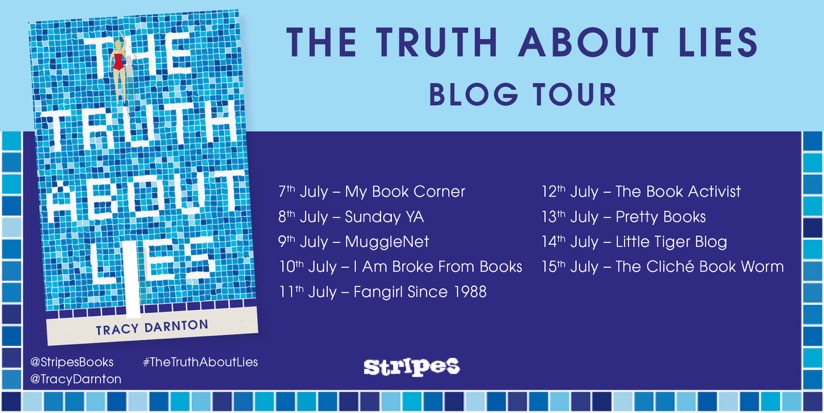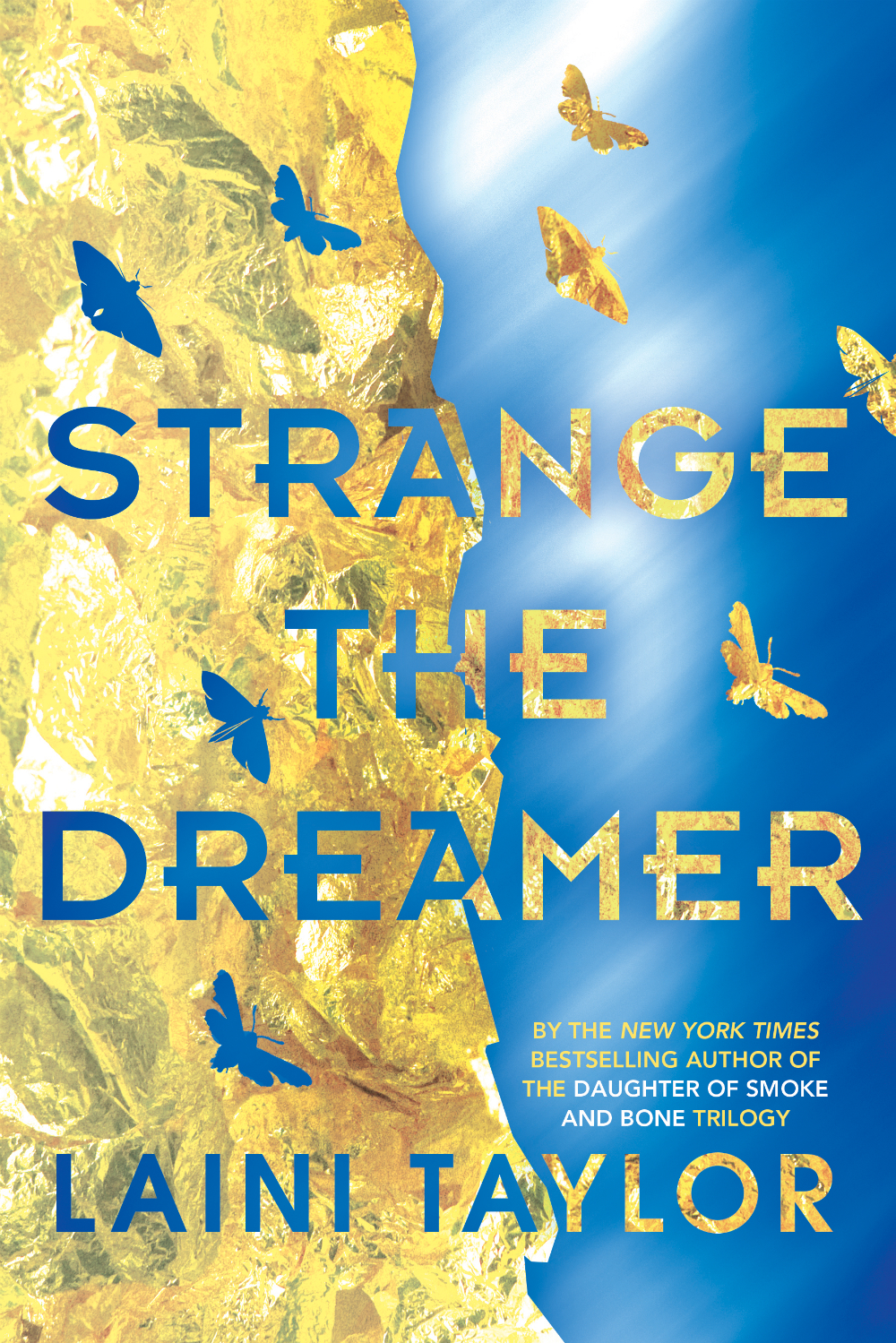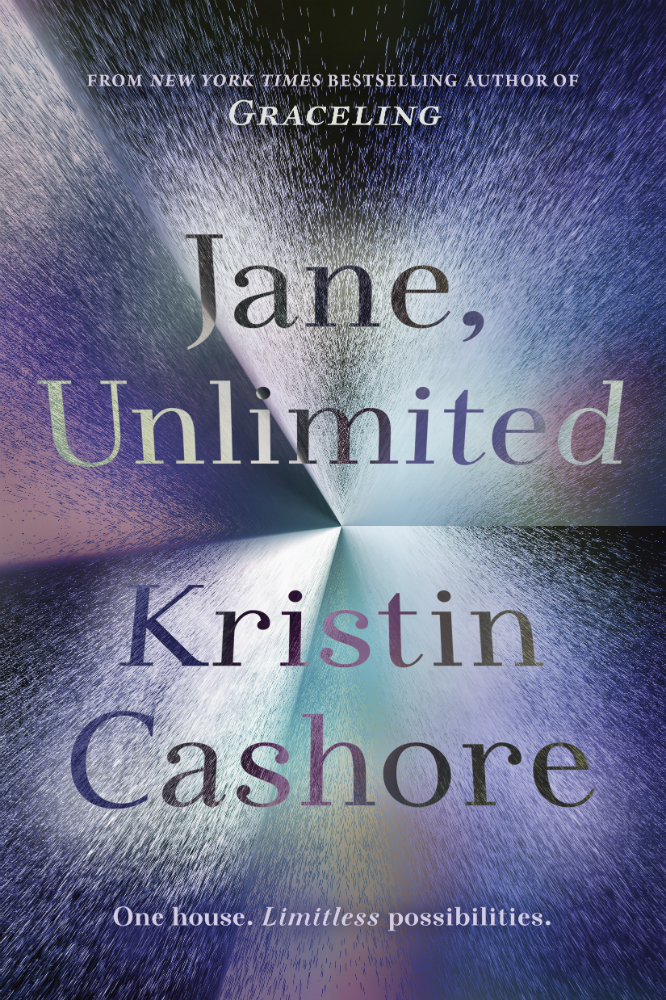We’re all secretly a little bit Slytherin. Whether you’re Hufflepuff at heart, or really a Ravenclaw, we all have that little snake “what if” voice. So what happens when you set out to create a main character whose morals are complicated by circumstance, who doesn’t play with being nice? Tracy Darnton joins us on the blog today to talk about her main character in her debut YA novel, The Truth About Lies, out this week.
Are mean characters more fun to write than nice ones?
When I was in junior school, I had a teacher who didn’t like the word “nice.” If you inadvertently had a “nice” time, described the prince in your story as “nice,” or even said it was “nice” that the Wombles were on Top of the Pops, this resulted in an unusual and definitely not very “nice” punishment. You stood in the corner wearing a knitted baby’s bonnet. This was the ’70s, so that sort of thing was fairly unremarkable, strange as it may seem, but I’ve been wondering if this has given me a lifelong aversion to seeing the word in print. And to writing a “nice” main character.
Jess, in my new YA thriller The Truth About Lies, has an extraordinary memory – she remembers everything. Rather than concentrate on possibly the good aspects that I could bring out in a “nice” character – maybe remembering everyone’s birthdays or how people like their coffee – I’ve explored what it’s like to never forget a slight or a cruel word. How difficult would it be to forgive something if it’s always re-running in your head?
Because if a character is too “nice” with nothing really to interest us or grab our attention, are they a teensy bit boring as a main character? In real life, I’d like to know the Jess who gets me the one-shot skinny flat white without being told twice, but within the pages of a book, I’d like to get to know the Jess with the darker side. The one who behaves badly. The one with major baggage. Maybe these characters touch something deep within us and there’s a certain element of wish-fulfillment. Or maybe I’m just a terrible person. But I think vulnerability is the key to their likeability. Why is Jess like that? Can we forgive her? Is there a hint of change?
My short story “The Letter,” in I’ll Be Home for Christmas, provides a potted example of how I think this works. Amber is mean to her care worker, Julie. Not just in actions but the way she describes her weight at all times – Julie puffs to her feet, waddles over, has pudgy hands. But through the story, we see that Julie has been a consistently kind presence in Amber’s life and that Amber does actually feel “slightly fond of her and her flowery smocks.” And hopefully, we feel for Amber that she’s had a raw deal in life. She nearly tells Julie how she really feels and asks for help but can’t quite do it. There’s a moment when you think she might, but then all she can say is “Go easy on the mince pies, Julie,” and she turns and walks away. For me, it was the only way to end the story. Amber is still not “nice,” but readers seem to have liked her.
So I’m waiting with trepidation to see what readers make of Jess. But let’s embrace these characters because they are much more entertaining for the world of fiction – just don’t invite them over to the real world for a “nice” chat.
Tracy Darnton’s The Truth About Lies will be published by Stripes on July 12, 2018.
Follow Tracy on Twitter @TracyDarnton #thetruthaboutlies







